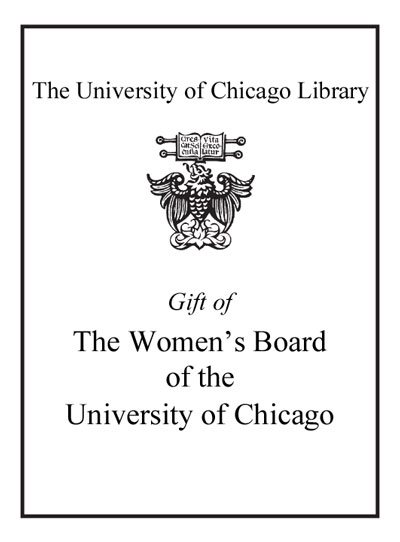Review by Choice Review
Hare's consideration of Egyptian origin myths focuses as much on the difficulty of understanding any literary subject (especially one so ancient, non-Western, and linguistically distinctive) as on the potential cultural meaning of the myths themselves. He undermines a history of Western scholarship that has constructed an alien and mysterious Egyptian East in opposition to "our" West. Hare, a linguistic archaeologist, illuminates the Egyptian stories, from their (problematic) recovery through their symbolic reuse and abuse through time. His aim is not to be comprehensive or definitive, but instead to oscillate between a perspective of inside and outside, then and now. The book itself is a concession to the realities of publishing and has as a companion a Web site featuring the relevant Egyptian texts, visuals, bibliographies, and so forth. Hare is vastly well read, interesting, eclectic, and broad in his scope. The reader learns a great deal of concrete information about Egyptian myth and thought while also being thoroughly exposed to more abstract conceptions of ways of constructing reality; to philosophical approaches to material and spiritual worlds; to gender and sexual symbolism; and to issues of constructing individual and group identity. Graduate, faculty. S. Brown; University of California, Los Angeles
Copyright American Library Association, used with permission.
Review by Choice Review

